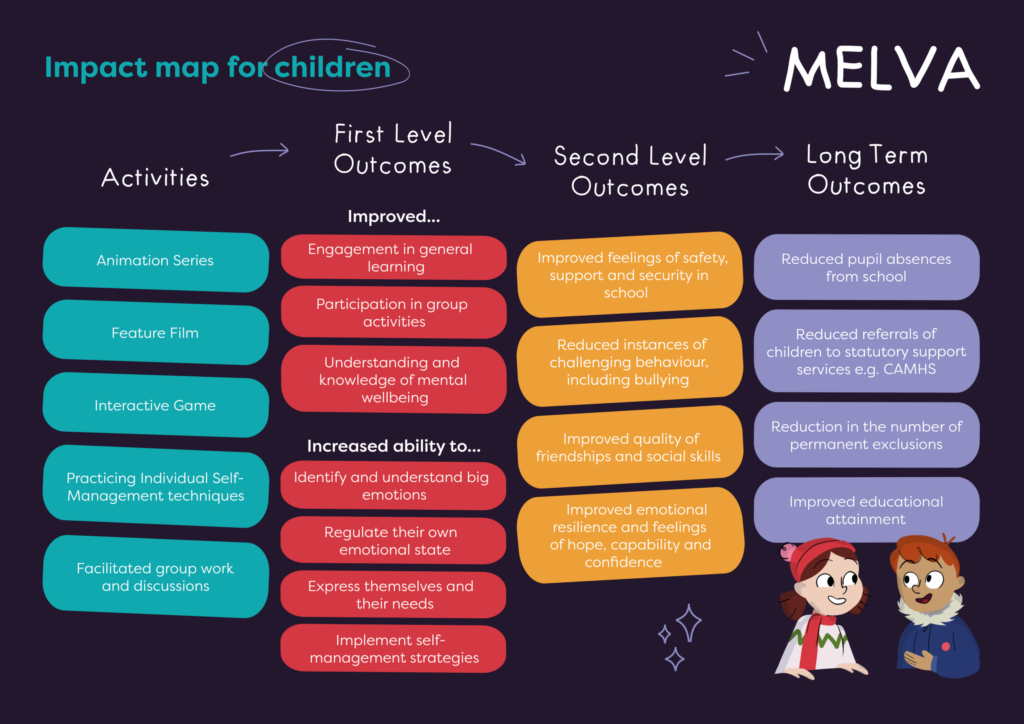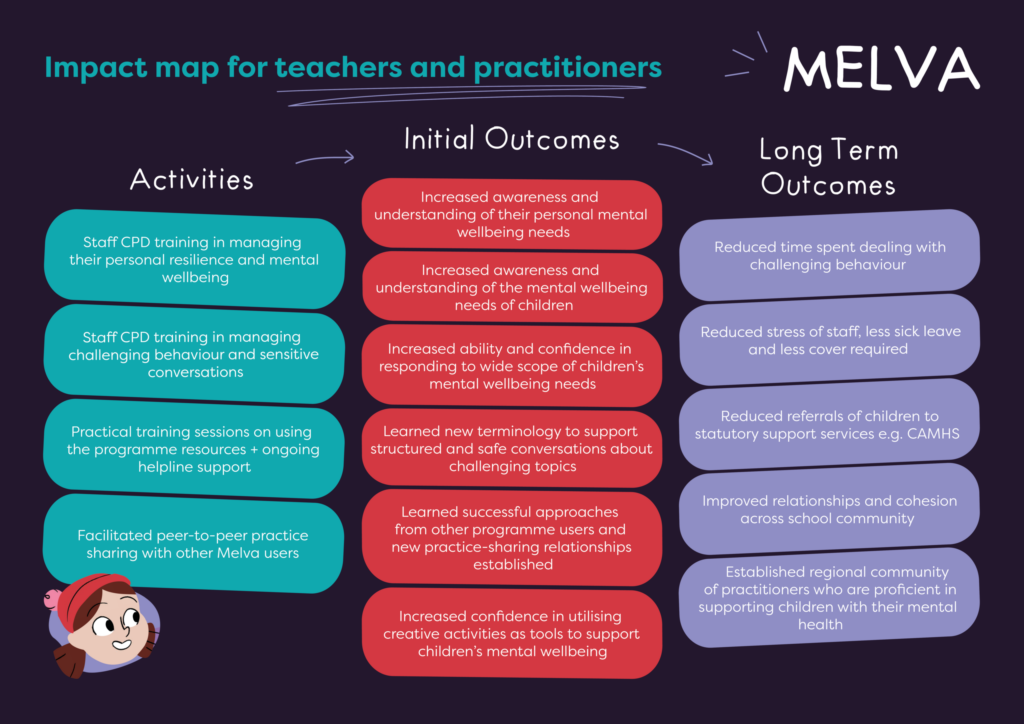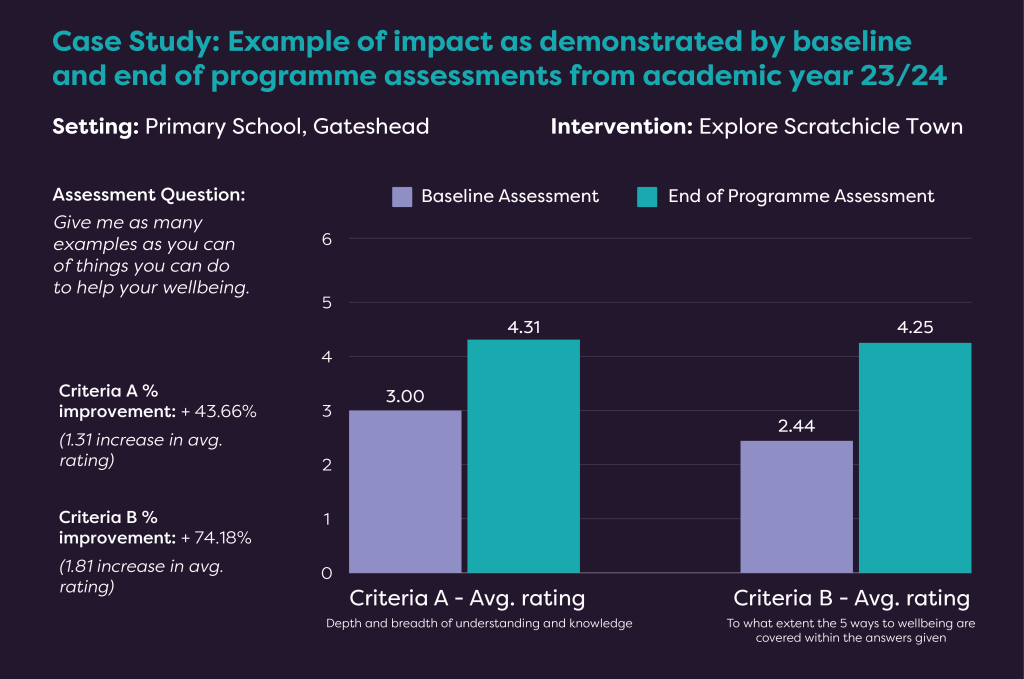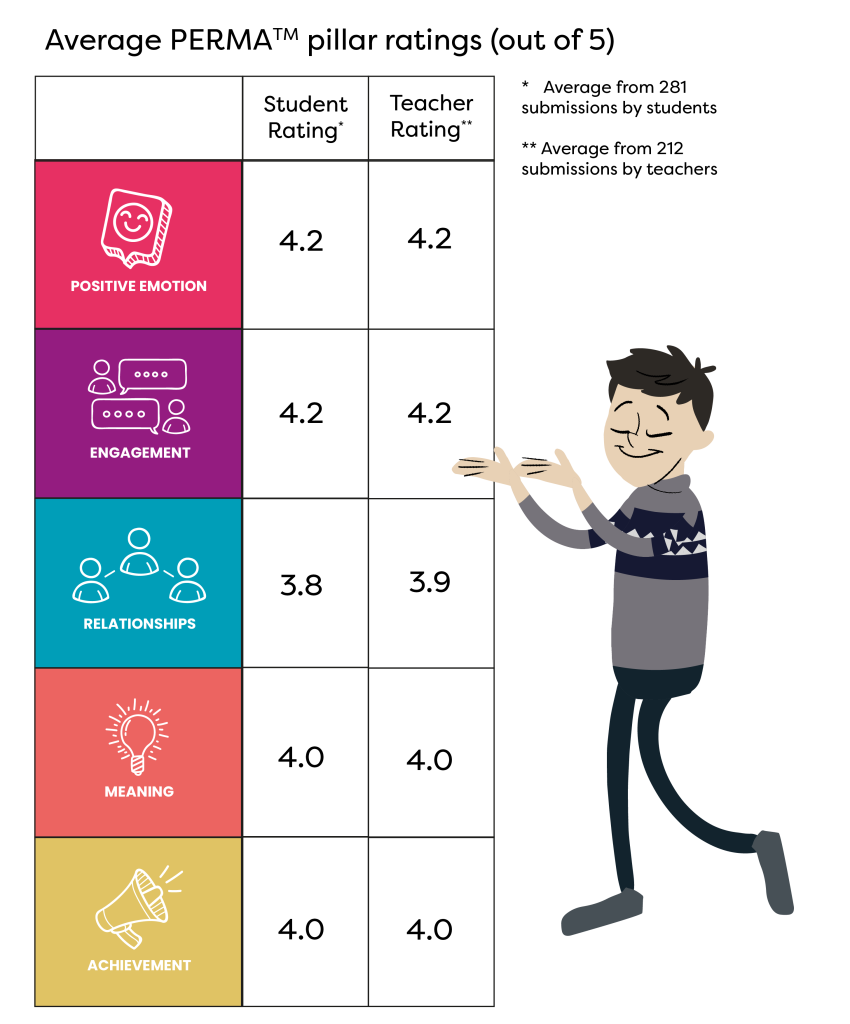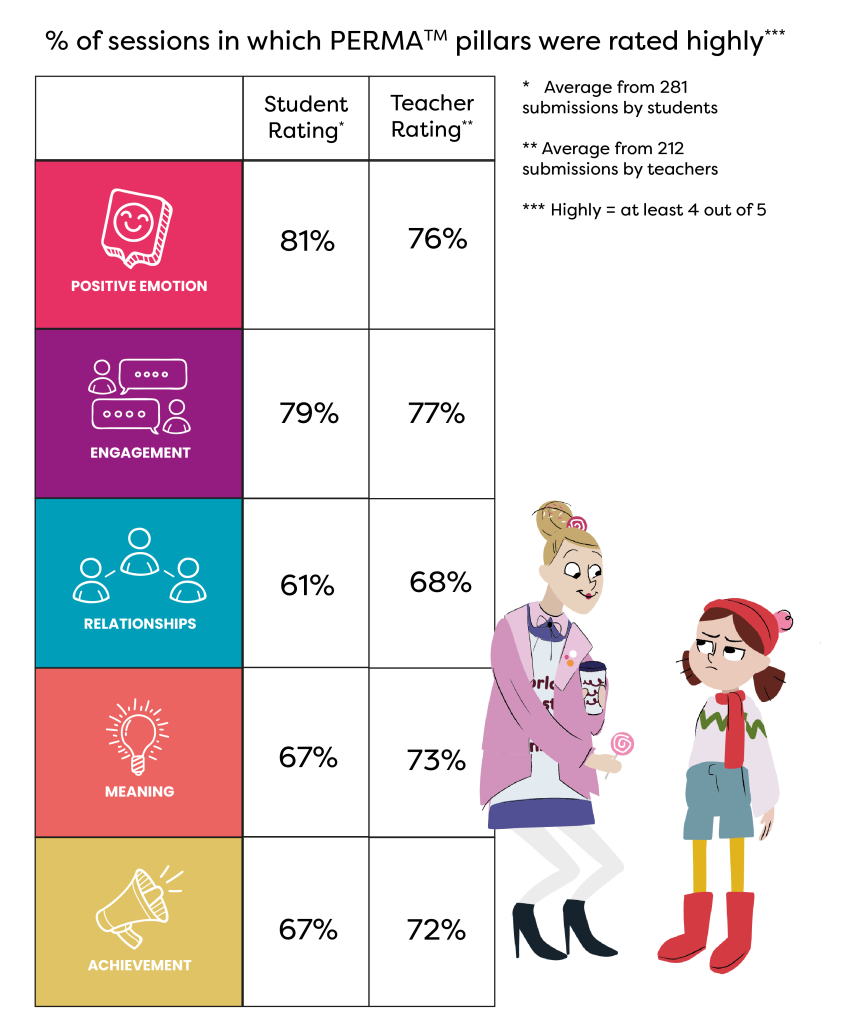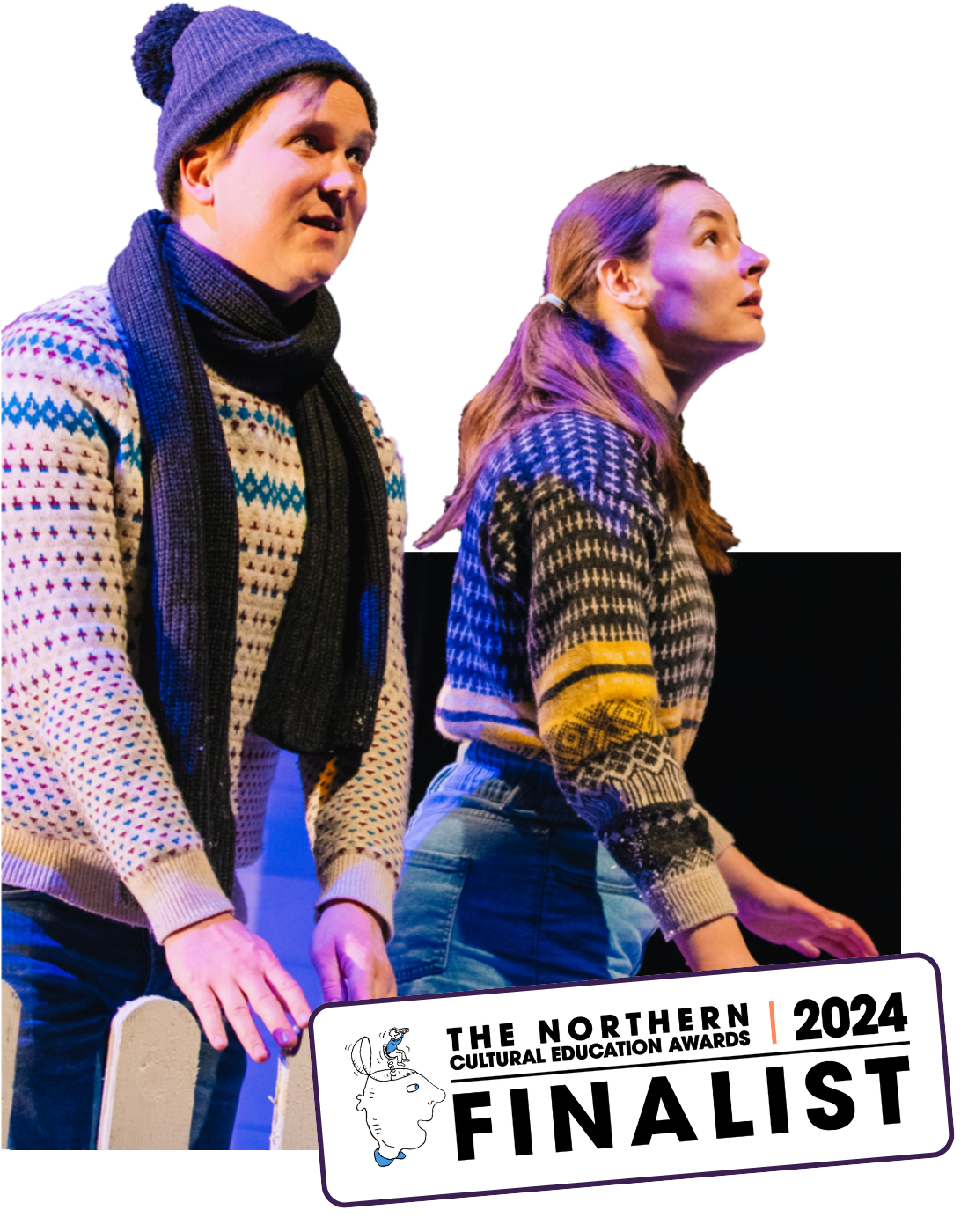
Why we need MELVA,
and how it works.
In the context of an ever-growing mental health crisis and with statutory services in such high demand, it is falling to schools to support children with their mental health, in place of trained mental health practitioners.
We need to find new ways to approach mental health education that are easy to deliver, fun, and focused on early intervention – supporting children and young people before they reach a crisis point.
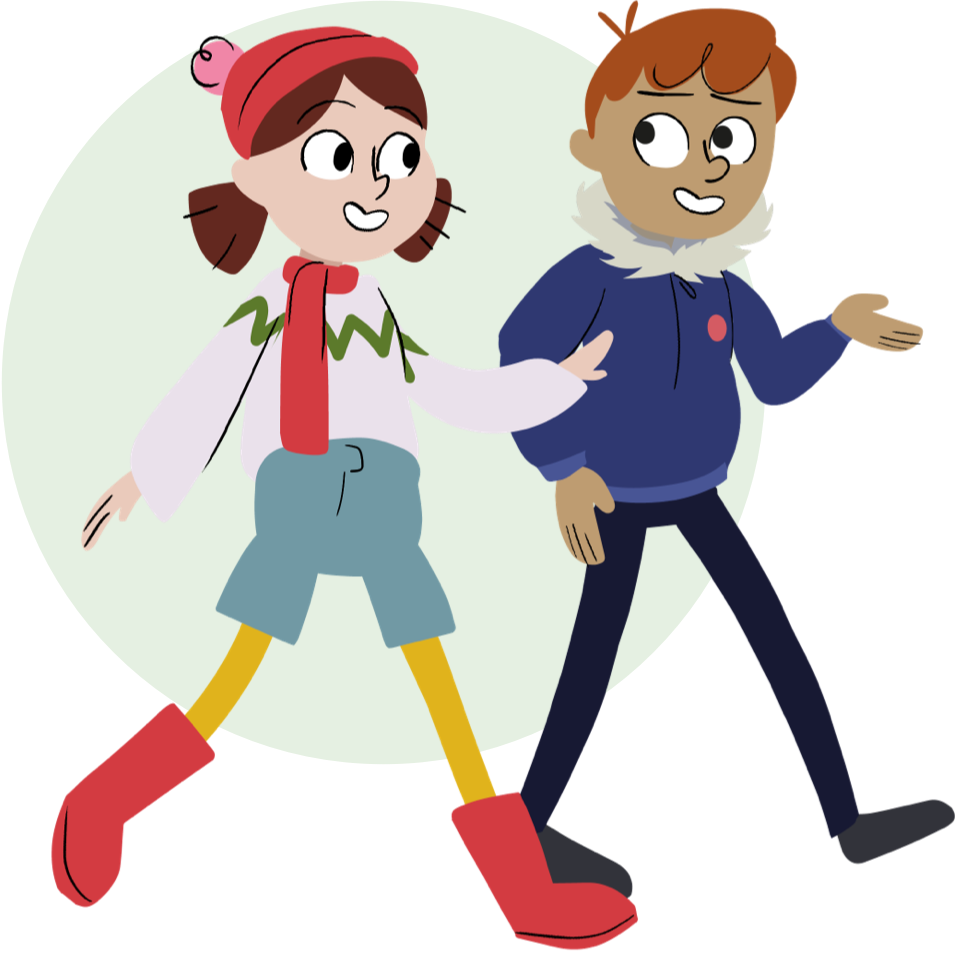

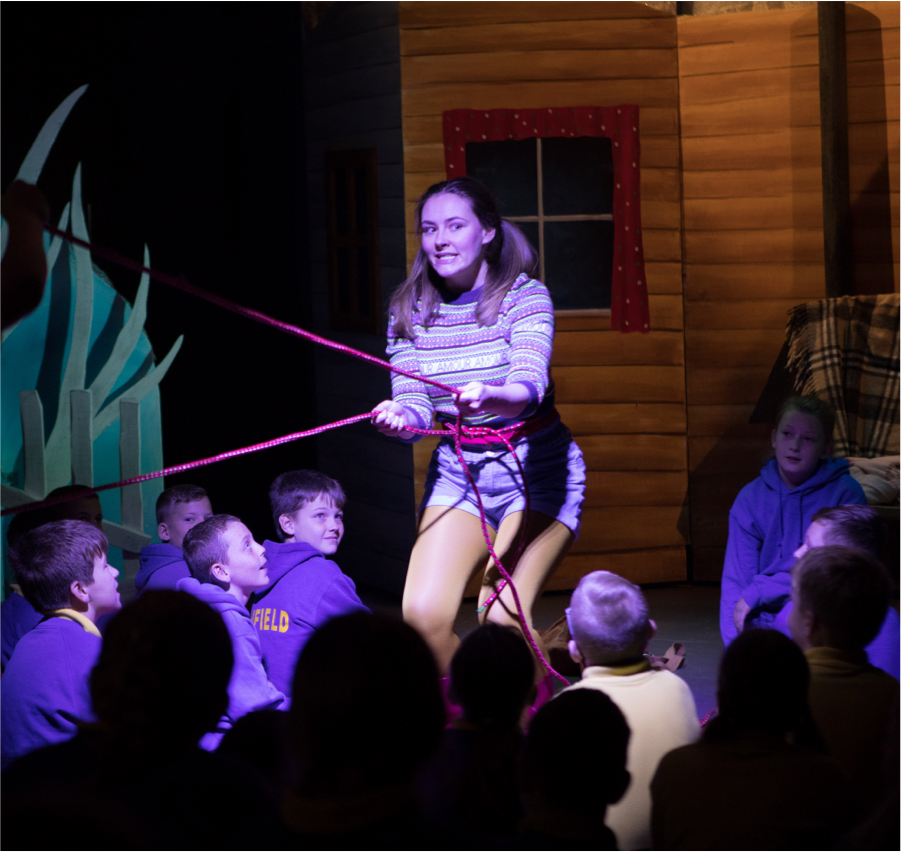
Why Melva –
why now?
There is a children’s wellbeing crisis in the UK.
Public Health England state that at least 1 in 5 children aged 7-16 have a diagnosable mental health condition(1). That’s an average of 6 children per classroom.
We urgently need new, accessible, multi-agency approaches to tackling this crisis. MELVA is a proven, fun, and impactful way for teachers to work with whole classes, addressing wellbeing issues before children reach crisis point and reducing referrals to over-stretched statutory services.

Early intervention for children and young people
Designed in response to the 2017 green paper Transforming children and young people’s mental health provision.
The Melva programme focuses on early intervention for children and young people, by supporting them to develop resilience pathways and positive emotional responses and relationships.
Melva uses recognised and recommended mental health first aid strategies – communicated in a child friendly and accessible way – to teach children how to recognise, understand and manage their mental wellbeing.
A child-friendly approach to addressing big topics
Giving children a form of accessible language to talk about mental health makes it easier to facilitate open, honest, and regular conversations.
By having these conversations, we can help children understand that their feelings are normal, and everybody experiences them – reducing feelings of isolation by helping people feel connected to and empathise with one another.
Here are a few examples of the playful language and approaches writer, Danielle Burn, uses to achieve this in the Melva stories:
-
Worrits
Instead of using big words like fear, worry or anxiety, in the Melva world we talk about ‘worrits’.
Worrits are described as “squirmy creatures that live inside every human’s tummy”. Good worrits are important – they exist to keep you safe from danger. But sometimes, good worrits can turn ‘bad’, wriggling their way up from your tummy and into your head. These worrits can have strange effects on your mind and body – making you think of things that might never happen, or that you have no control over.
Talking about worrits in this way helps children to critically analyse them – developing a better depth of thinking and helping them to understand the link between our thoughts and our physical responses.
-
What ifs
When we’re experiencing worrits, it can be easy to fall into a spiral of negative thinking – sometimes referred to as catastrophising – where we picture one bad thing happening, which leads to another bad thing, which leads to another bad thing, and so on and so on. This build-up can make something relatively small, feel huge.
For Melva, these thoughts usually start with a “What if…”
Melva’s What If moments are deliberately playful and funny, to help draw children’s attention to this behaviour. It makes it easy for children to understand how ridiculous Melva’s thoughts are getting – an observation they can then be encouraged to apply to their own thinking and responses.
-
Niggling Voice
We all have that niggling voice in our heads. When they’re on their worst behaviour, we might catch them telling us that we’re not good enough, or funny enough, or that nobody likes us. But our niggling voice is actually a really important part of healthy psychology.
Healthy psychological maturing is all about learning how to interpret the information we get from our niggling voice, and making decisions about how we behave based on whether this influence is productive or inhibiting.
Melva’s niggling voice is personified in the character of Gideon who, over the course of the Melva stories, becomes a more supportive and positive influence for Melva.
-
Brave isn’t how you feel, it’s what you do
This motto tells us that confidence is not the absence of fear. Learning and growing require us to do things that we’re unsure about or that scare us, but we aren’t defined by those feelings. What matters is the action that you take and the choices that you make.
Everybody has things they’re scared of or that worry them, because it means we care about what we’re doing. The important part is developing self-awareness and skills to work through fear and not let it stop you.
-
Calm first, answers later
Sometimes, in an effort to protect us, our brains can make our bodies react certain ways when we’re in stressful or scary situations – but it’s not always helpful or appropriate. For example, we might feel frozen on the spot, or like we have bundles of energy inside us, waiting to explode.
It’s not always easy to think clearly when we’re feeling that way, so we need to address the physical symptoms before we can make a good decision about what to do next. Once we recognise our physical fear symptoms, we can identify what strategies help to manage them – like deep breathing, or exercise – and eventually we can understand what triggers those feelings in the first place.
-
Understanding your Grussle
In the Melva world, a ‘Grussle’ is a shape-shifting creature, whose favourite thing to do is taunt and tease you, by remembering all the most horrible things people have said in the past to upset you, and repeating them back to you.
The Grussle character is there to teach children about the importance of surrounding themselves – wherever possible – with people who have a positive influence on how they feel, and not the opposite. It is designed to spark important discussion about what constitutes a positive friendship or relationship, and how not to let things that have upset you in the past, hold you back in the future.
MELVA’s impact for
children and adults
MELVA is facilitated through creative and practical activities, with an emphasis on learning by doing.
The resources and evaluation tools are rooted in ratified and recognised wellbeing research, such as the PERMATM framework and the NHS 5 steps to wellbeing.
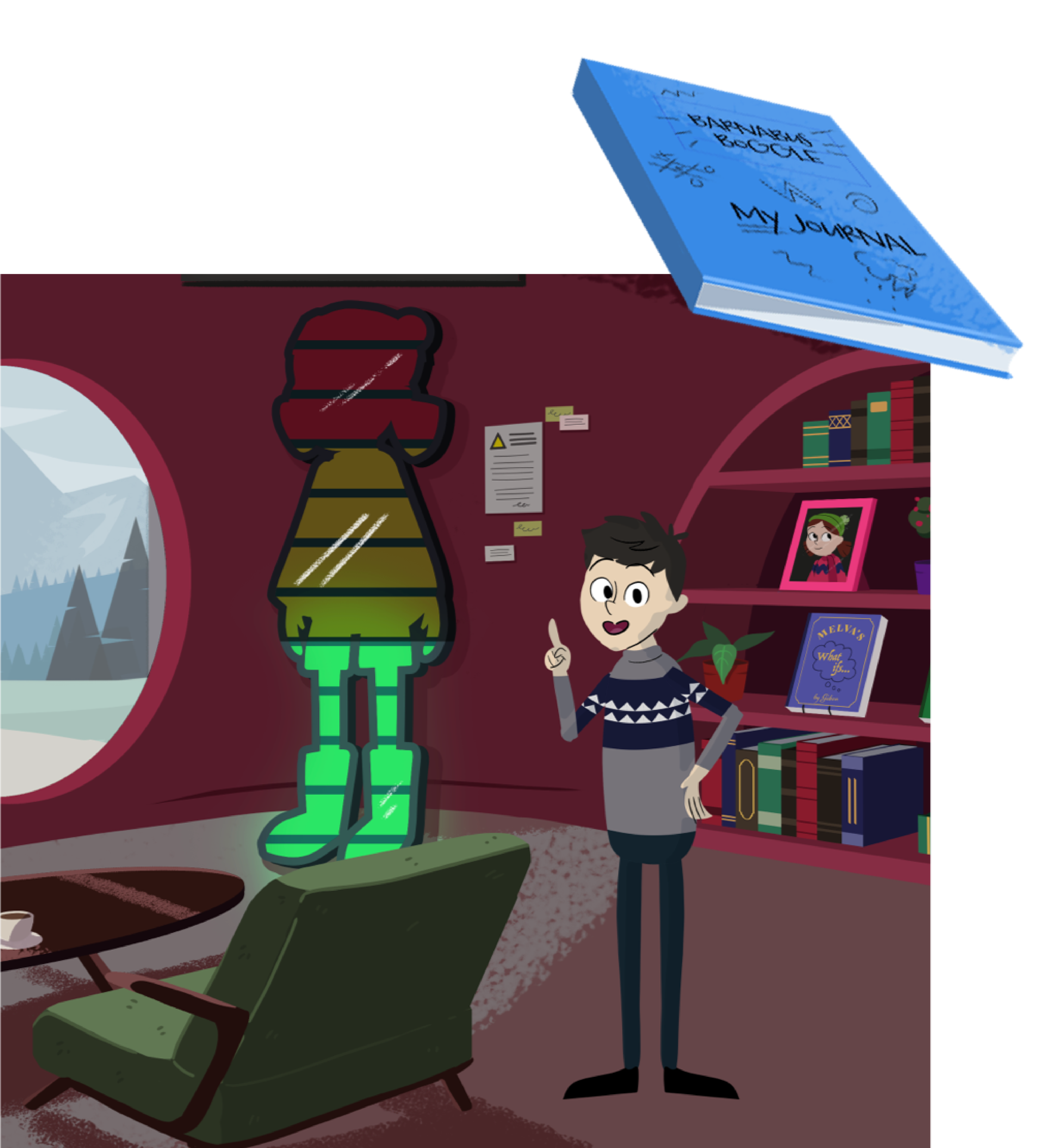
MELVA and the Primary School Curriculum
-
Topic: Mental Wellbeing
Covered in MELVA: “By the end of Primary school, pupils should know…”
- that mental wellbeing is a normal part of daily life, in the same way as physical health.
- that there is a normal range of emotions (e.g. happiness, sadness, anger, fear, surprise, nervousness) and scale of emotions that all humans experience in relation to different experiences and situations.
- how to recognise and talk about their emotions, including having a varied vocabulary of words to use when talking about their own and others’ feelings.
- how to judge whether what they are feeling and how they are behaving is appropriate and proportionate.
- the benefits of physical exercise, time outdoors, community participation, voluntary and service-based activity on mental wellbeing and happiness.
- simple self-care techniques, including the importance of rest, time spent with friends and family and the benefits of hobbies and interests.
- isolation and loneliness can affect children and that it is very important for children to discuss their feelings with an adult and seek support.
- that bullying (including cyberbullying) has a negative and often lasting impact on mental wellbeing.
- where and how to seek support (including recognising the triggers for seeking support), including whom in school they should speak to if they are worried about their own or someone else’s mental wellbeing or ability to control their emotions (including issues arising online).
- it is common for people to experience mental ill health. For many people who do, the problems can be resolved if the right support is made available, especially if accessed early enough.
Legislation: Physical Health and Wellbeing curriculum aims
-
Topic: Physical Health and Fitness
Covered in MELVA: “By the end of Primary school, pupils should know…”
- the mental and physical benefits of an active lifestyle.
- the importance of building regular exercise into daily and weekly routines and how to achieve this; for example walking or cycling to school, a daily active mile or other forms of regular, vigorous exercise.
Legislation: Physical Health and Wellbeing curriculum aims
-
Topic: Families and People Who Care For Me
Covered in MELVA: “By the end of Primary school, pupils should know…”
- that families are important for children growing up because they can give love, security and stability.
- that others’ families, either in school or in the wider world, sometimes look different from their family, but that they should respect those differences and know that other children’s families are also characterised by love and care
Legislation: Relationships Education curriculum aims
-
Topic: Caring Friendships
Covered in MELVA: “By the end of Primary school, pupils should know…”
- how important friendships are in making us feel happy and secure.
- that healthy friendships are positive and welcoming towards others, and do not make others feel lonely or excluded.
- how to recognise who to trust and who not to trust, how to judge when a friendship is making them feel unhappy or uncomfortable, managing conflict, how to manage these situations and how to seek help or advice from others, if needed.
Legislation: Relationships Education curriculum aims
-
Other Primary Curriculum links (outside of RSHE)
MELVA is story-based and creative by nature, which means it can also help you tackle other areas of the curriculum which don’t directly link to RSHE, such as comprehension, writing composition and spoken language.
Listening to, watching, and engaging with the MELVA materials encourages students to:
- Draw inferences such as inferring characters’ feelings, thoughts and motives.
- Make predictions about what might happen next in the stories.
- Participate in group discussions about the stories, challenge each other’s views and justify their own.
- Consider how language, structure and presentation contribute to meaning.
- Engage with different writing styles, techniques, and conventions such as stories, plays, poetry, word play etc.
- Speak and perform aloud, considering intonation, tone, volume and action.
Our extension activities and suggestions also provide lots of different ways that you could incorporate the MELVA content into your literacy work. For example, by using extracts from MELVA to highlight examples of particular punctuation or grammar rules, creating your own MELVA poem, or experimenting with diary entries or newspaper reports relating to the characters or events in the story
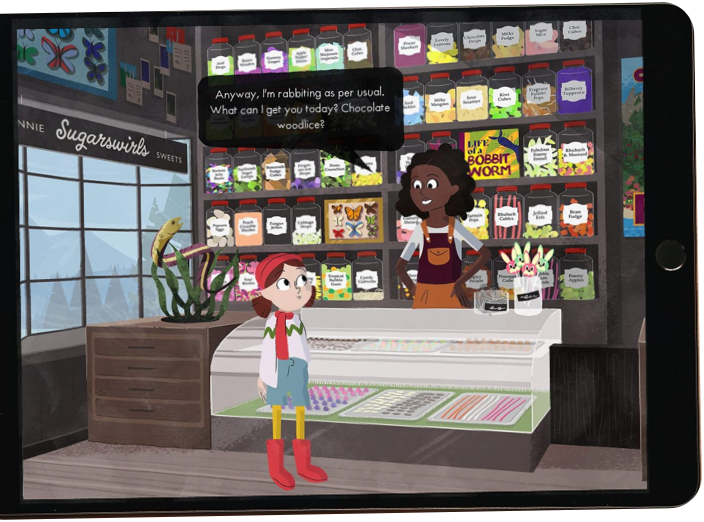
The Melva Digital Package
Find out more about the full Melva package and its benefits
MELVA has been developed in ongoing consultation with children, teachers, professional counsellors and families since 2017, and is available for you to use in your own setting now.

Funded and supported by:
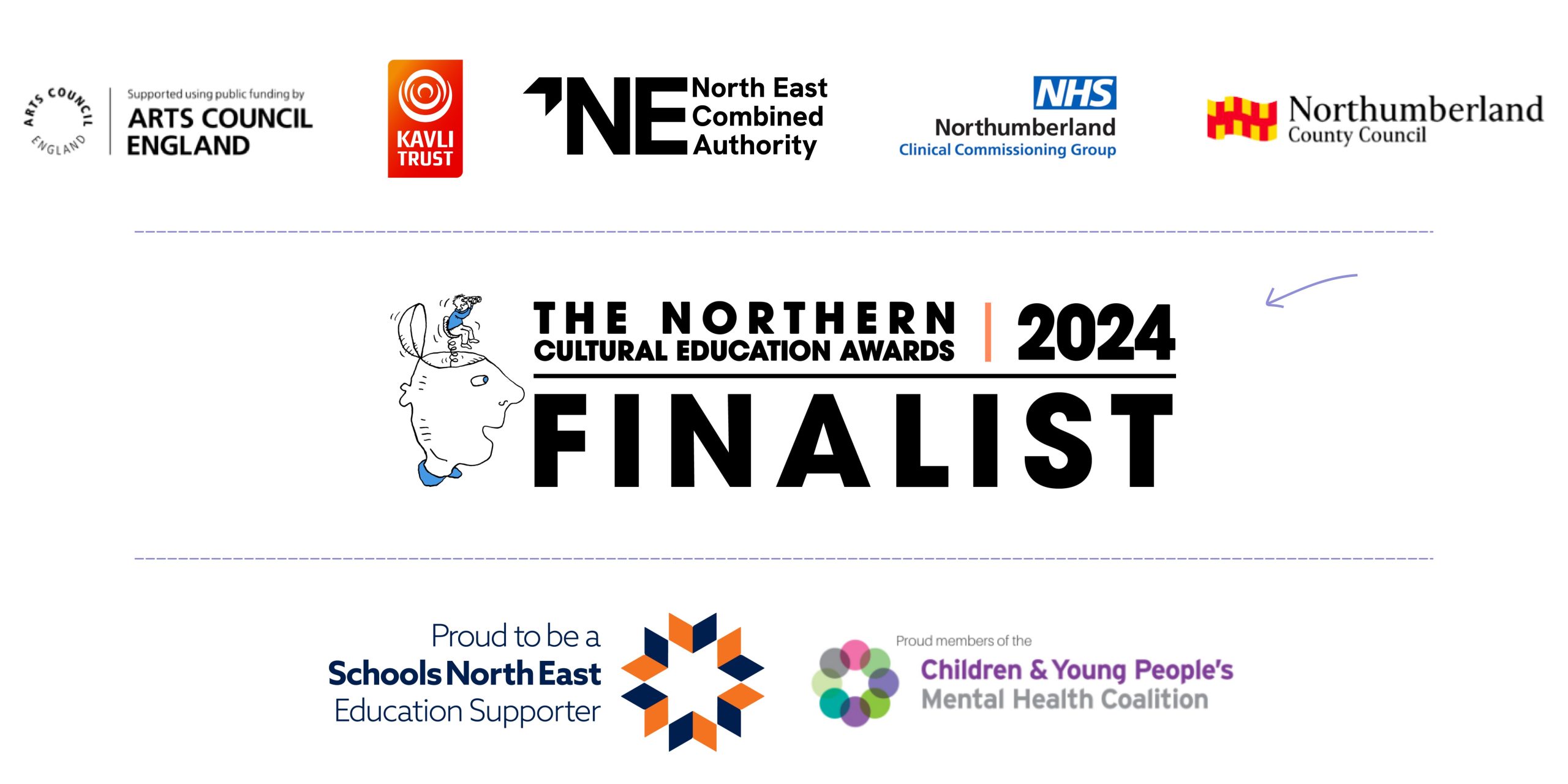
Frequently asked questions
How long does a license last?
School licenses last until the end of the academic year in which they were purchased and will renew automatically at the start of the following year unless cancelled, with invoices issued in July. If you purchase a license towards the end of an academic year e.g. Summer Term, we will liaise with you directly to discuss your license start date.
Family licenses do not expire, but are limited to 4 user profiles and once the game has been completed, it can’t be restarted.
Community or non-academic group licenses will be agreed on a case-by-case basis.
Do you offer any discounts?
We have various discounts available on our online Melva packages, including discounts for multi-license purchases (e.g. via a school trust or a corporate sponsorship) and discounts on license renewals.
Get in touch today to discuss bespoke discounts for group or setting.
What age range is Melva for?
Melva is designed for young people aged 7-11 (Key Stage 2 in England and Wales, or P4/P5/P6/P7 in Scotland).
Note: Some of the language used in the game may seem advanced for Lower Key Stage 2 (P4/P5). Throughout the Melva programme, we’ve tried to balance the content so that it will appeal to both the upper and lower end of this age range – inevitably this means not everything will land with every child the same way, but this will not hinder their experience.
Who do I contact if I’m having issues with my login?
If you are having trouble with your Melva online login, please contact melva@mortalfools.org.uk and we will endeavour to get back to you as soon as possible.
Note: The online user guides also include some basic troubleshooting tips, so please make sure you’ve read this carefully before you start using the platforms.
